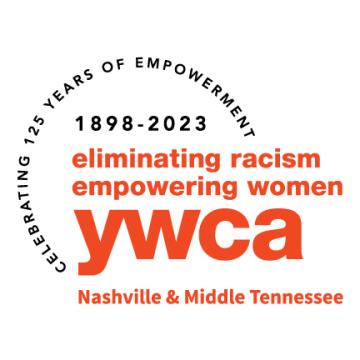Culture and Care Fund
The Culture and Care Fund assists current operating grant partners in implementing or improving initiatives that enrich staff’s ability to do their work with longevity, connection, and wellbeing. This grant supports initiatives that respond to interpersonal challenges that are unexpected or ongoing without resolve. Additionally, this fund supports the development of new policies, practices, and systems that support employee wellbeing.
The Culture and Care Fund supports clearly defined strategies specific to the applicant’s staff/organization that improve organizational culture, promote staff care, and increase the capacity of compassionate leadership. This grant does not benefit one individual, but rather an entire team. Requests should demonstrate the organizational impact if the request has line items specific for individual development.
This grant supports two main categories of work. Successful applications propose activities that address both categories.
ORGANIZATIONAL CULTURE
To develop systems, policies, practices, and programs that impact staff wellbeing and culture that continue beyond the grant term. Examples:
· Seed money to establish a Sabbatical Policy and develop compressive succession plans across different levels of the organization
· Work with a consultant to make an organizational shift to a 4-day workweek
· Support with an HR consultant to develop comprehensive benefits for bereavement, time off, parental leave, etc.
· Developing a wellness program for staff to support mental health and burnout prevention (NOTE: This grant may help an organization begin a program that supports their staff, but it does not fund wellness programs if they already exist.)
· Work with a consultant to identify areas of cultural improvement that address challenges the staff is facing (ex: reduce staff turnover, implement a trauma-sensitive workplace, etc.)
STAFF CARE
To support staff healing, repair, or care that supports strong staff relationships. Examples:
· Processing collective grief after an unforeseen loss, violence, or disaster
· Repairing safety and connection after a relational rupture between staff members, partner organizations, or community members
· Ongoing mental health support and processing circles during charged seasons of the work (ex: election season for advocacy organizations, winter months for organizations working with unhoused people)
· Offering collective rest and renewal experiences as a staff in response to or preparation for challenging seasons of the work
A financial match is required from the recipient based on operating budget size.
As a private foundation, our contribution beyond a certain budget percentage may tip a 501(c)(3) public charity into a 501(c)(3) private foundation status with the Internal Revenue Service. Learn more here about tipping.
ELIGIBILITY
- Must be an Operating grant partner (Thriving Communities, Resilient Families, Strengthening Democracy) with an active grant from The Trust.
- These grants are one-time awards and are not renewable.
- An organization that has previously received Staff Support grant funds is eligible to apply for a Culture and Care grant 3 years after their Staff Support grant term ended. (NOTE: Staff Support for Post-Election Care is not included in this requirement.)
GRANT DETAILS
- Application Deadlines: Culture and Care grants are approved on a rolling basis. Please email Abby to discuss your interest in applying.
- Grant Amount: Funding can range from $2,500 to $20,000 depending on the scope and scale of the proposed initiative. If an applicant does not include both organizational culture and staff care line items in their proposal, the grant may be approved for a lesser amount. A financial match is required based on the organization’s budget size.
- Reporting: A verbal final report will be held about one month after the conclusion of the grant term.
INELIGIBLE FUNDING REQUESTS
These grants do not support general organizational capacity building or activities that are expected to be included in the organization’s budget, such as onboarding costs, strategic planning, executive transitions, board development, or merger activities.











